Organisations need to understand the evolving regulatory landscape around PFAS and how supply issues are escalating
Risk managers across the world have been warned that the growing threat of “forever chemicals” will have widespread and unintended effects as regulators and insures crackdown on their use.
In a panel session at the FERMA Forum 2024, leading experts described how there are growing moves by United States and European regulators to ban the use of PFAS, which are currently used in everything from food packaging to firefighting foam.
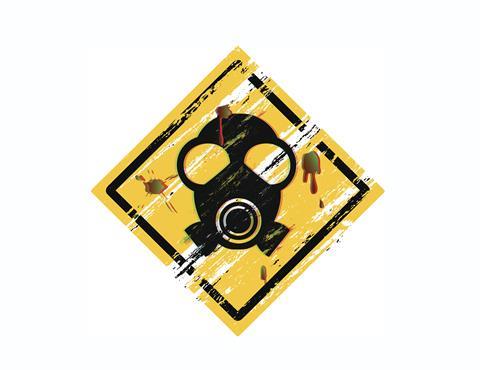
Wim Plaiser EMU PFAS lead and technical director remediation at Arcadis explained the chemicals were both widespread and increasingly were being linked to damage to human health.
He said there were concerns that the chemicals led to reproductive problems, low birth weight for babies, a number of cancers and immunity problems.
“Without doubt the issue of PFAS is higher up the agenda and it makes the news in my native Netherland every week,” Plaiser added. “It has become a difficult topic for insurers.
“It is highly toxic, but it is used almost everywhere. Some of that use is essential, some is non-essential and some is quite frankly stupid.”
He added there were “thousands and thousands” of places which were contaminated with PFAS and that estimates put the current liabilities in the region of $160 billion and this is only likely to increase.
“The situation is complex and there are likely to be unexpected consequences which could cost you dearly.”
“Companies are moving to a PFAS-free future and they are being proactive,” Plaiser added. “It comes at a time of tightening regulations in the US and Europe.”
He warned: “The situation is complex and there are likely to be unexpected consequences which could cost you dearly.”
However. Mathieas Kohl, head of corporate insurance at Draeger said the situation was not as clear cut as it seemed.
His company produces safety detection and protective systems for a wide range of industries but a key role is their manufacture of machines which deliver anaesthetics to patients during surgeries.
However, the machines use PFAS in the vaporisers within the machine and Kohl explained that try as they might, they cannot find a substitute for the components that contain the PFAS.
He added the material that it uses are not hazardous.
“There are 15,000PFAS substances and 18 of which are deemed to be low risk,” Kohl explained. “These 18 however are the ones that are used in the vast majority of products.”
“It is essential to differentiate within the PFAS, which are being used in what process.”
As such, he argued that efforts by the US and the EU to implement a total ban in the use of all PFAS are wide of the mark.
“It is like saying you will ban oil. Does that include olive oil? It is essential to differentiate within the PFAS, which are being used in what process.”
Kohl said that the looming issue was one of supply. Fearing the liability issues, many major chemical companies have stopped producing PFAS-based goods and as such it is likely that ongoing access will be severely prohibited for companies that have essential uses for the chemicals.
Kohl said there has been a shift to India and China where the chemicals were still being manufactured but that he felt that it would have been better to manage the production closer to home.
“You have to ask why the production of PFAS which are low risk and essential for use would not be better to be carried out in Europe under stringent checks,” he added. “For us there is no alternative which has the same benefits as the PFAS-based equipment.”
“For us there is no alternative which has the same benefits as the PFAS-based equipment.”
Kohl is also a member of the German Association of Risk Insurance Managers and said that the association also saw a blanket ban as “the wrong approach”.
“Only a small proportion ends up in the environment, and any alternative may also come with risks,” he added.
Insurers have been quick to exclude the use of and risks around PFAS from coverage.
However, the London market clauses 5595 and 5596 also mean that should a company be rightly or wrongly accused of the use or misuse of the chemicals, they are not indemnified for the costs of fighting the case.
While there is a growing market in which businesses can look to take out exclusion buy back cover the situation remains complex with different countries adopting different approaches.







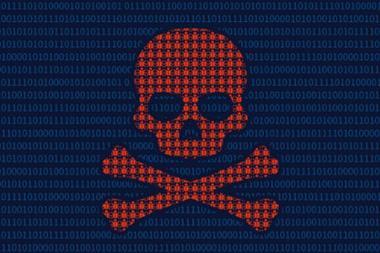
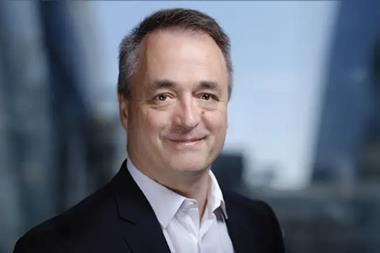
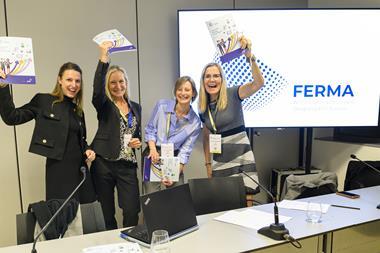
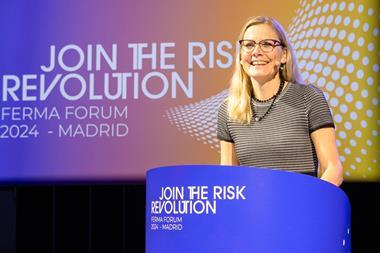



No comments yet